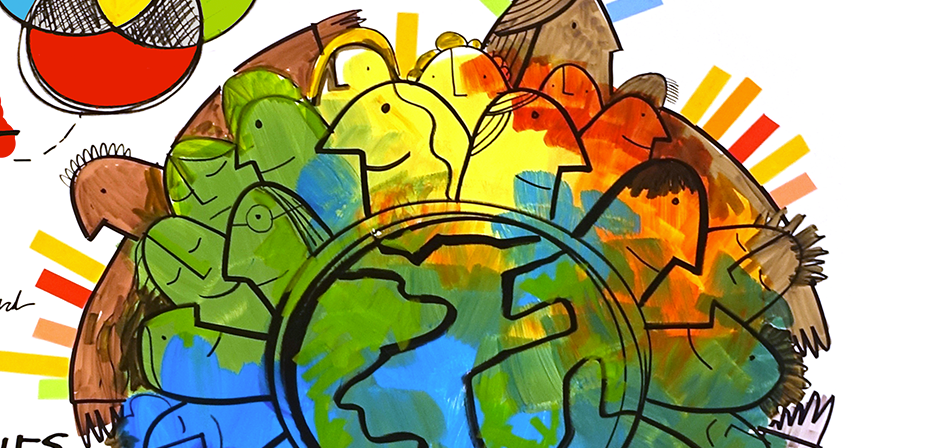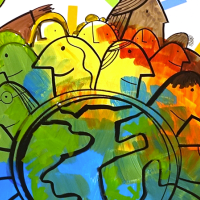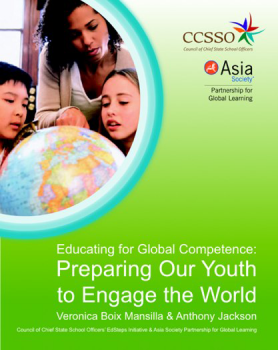

Global Competencies
Every generation confronts the challenge of discerning what capacities and dispositions are the most important to nurture among its young people at a given moment in time. Today, given profound economic, digital, demographic, and environmental forces at work, promoting cultural and global understanding is clearly a priority at Project Zero. We see global thinking as the capacity to understand ourselves as well as people living in contexts different to our own; to make sense of the global issues of our times and take action toward societal well-being and sustainability; and to do so effectively and ethically in today’s digital landscapes.
BIG QUESTIONS
- How can we prepare our youth well for the changing demands of living in a globally connected and disconnected world?
- How can we work deliberately and respectfully to expand opportunities for global and intercultural understanding for all children?
- In what ways can we leverage our capacity to reach less well-served children and youth?
PZ PERSPECTIVES
- Global competence involves cognitive, socio-emotional, and ethical dimensions as students investigate the world, recognize perspectives, communicate ideas, and take action.
- Thoughtful cross-cultural inquiry and exchange involves examining our own perspectives, assumptions, and everyday lives as much as it does learning about those of other people.
- Observing the world and listening to others carefully is a key component of cross-cultural exchange in our information-rich era of social media.
- At this contentious and unstable moment, teaching for global competence and thoughtful cross-cultural inquiry is an urgent practical and moral necessity.


-
-
-
-
-
-
Support PZ's Reach